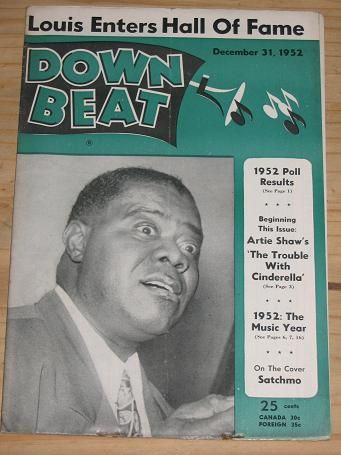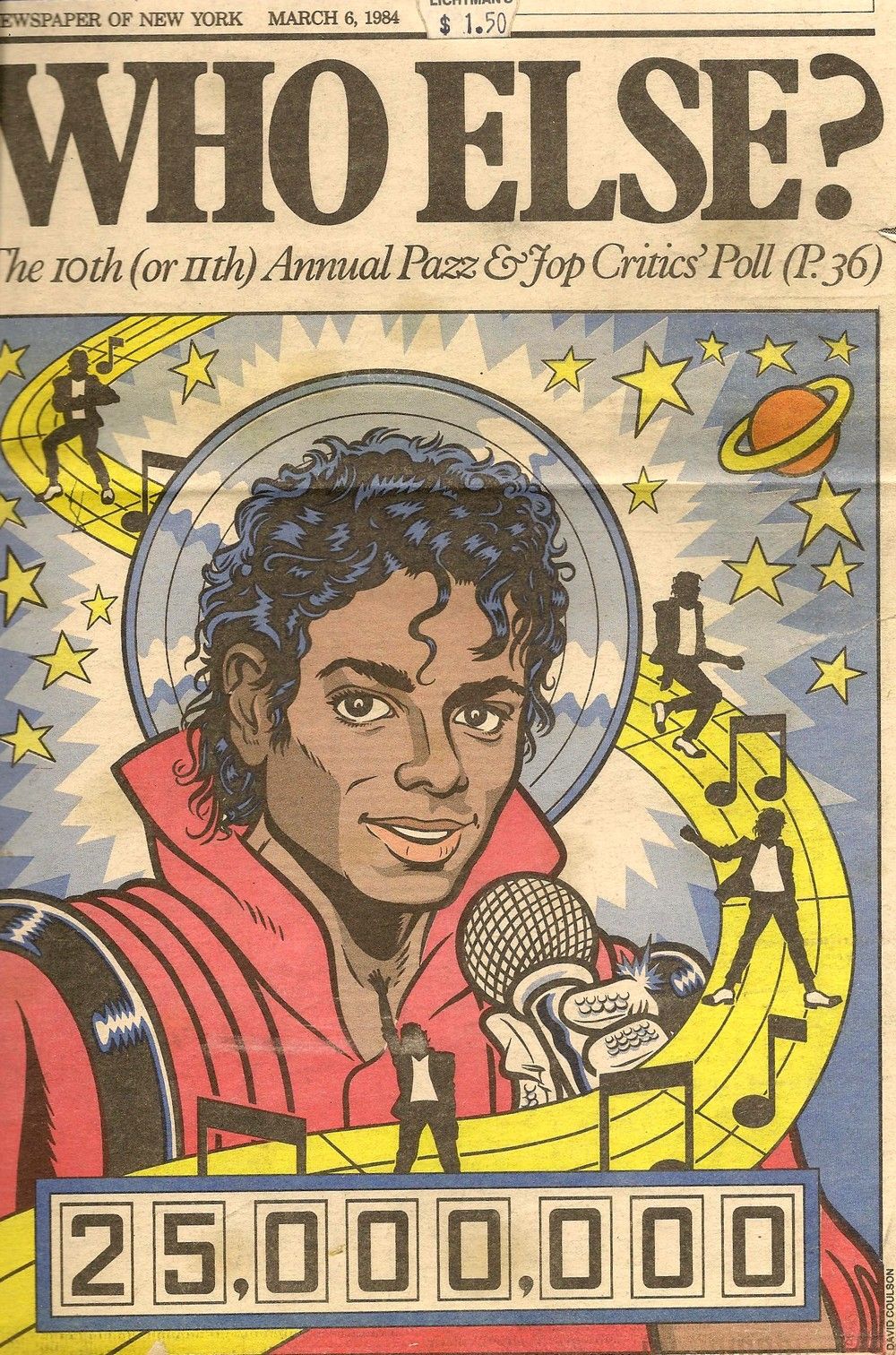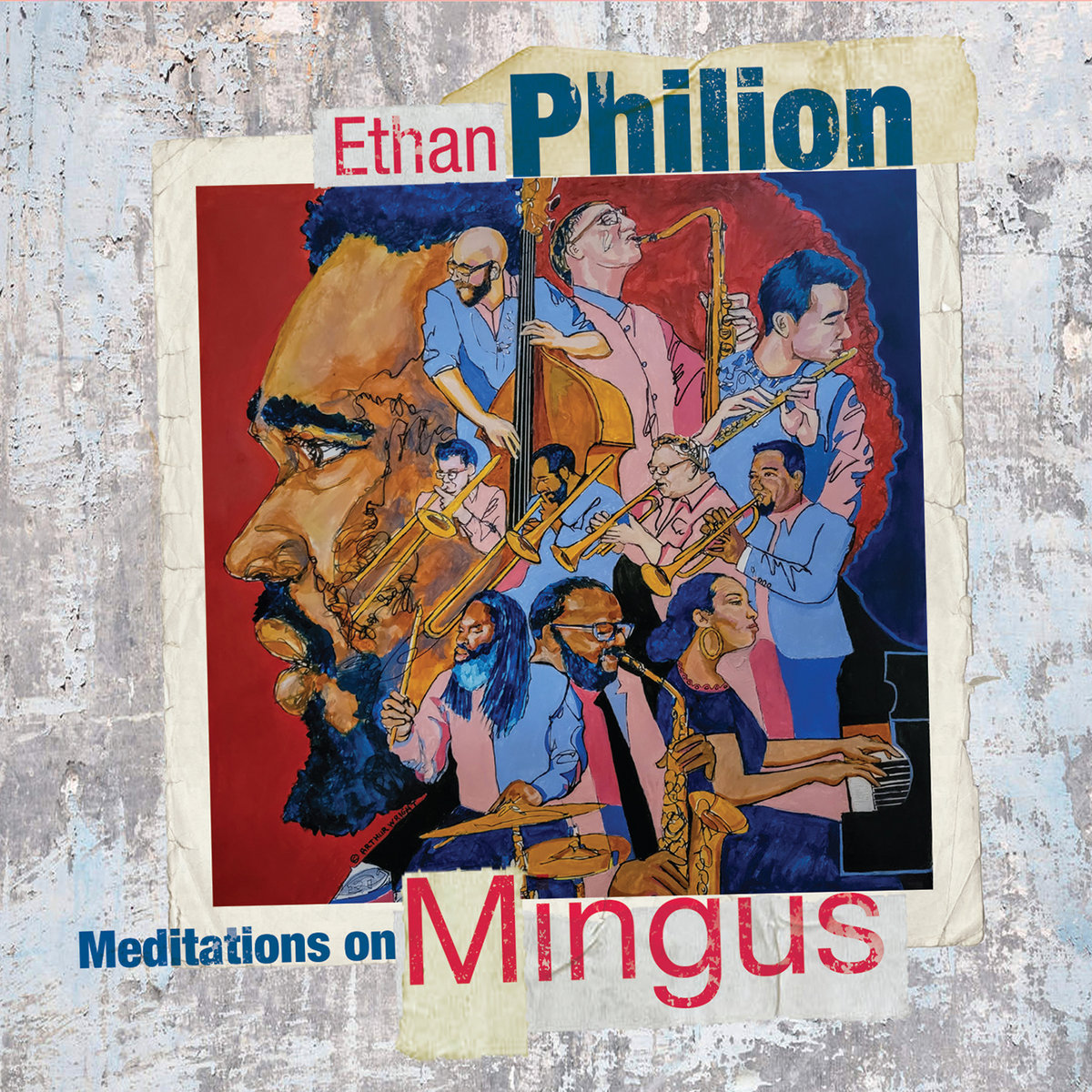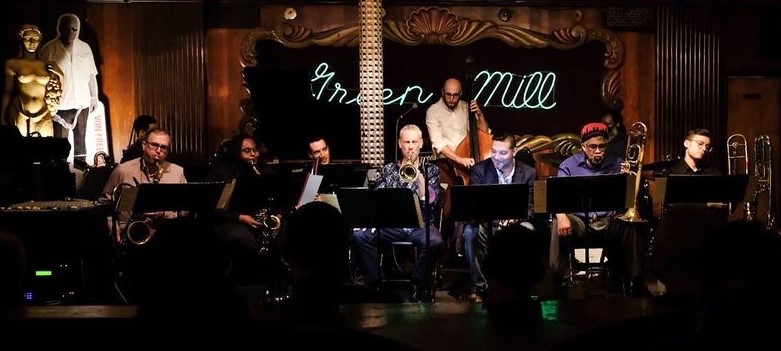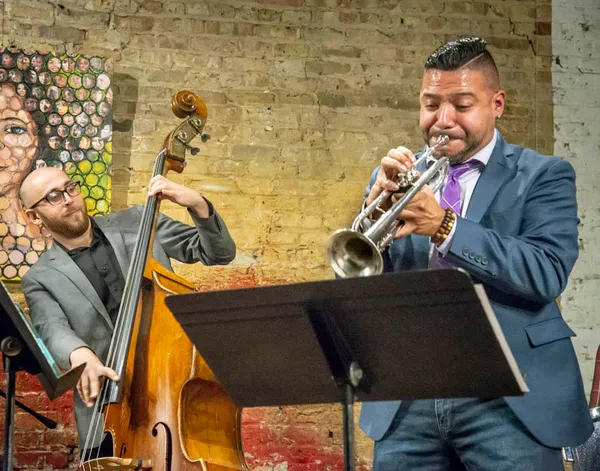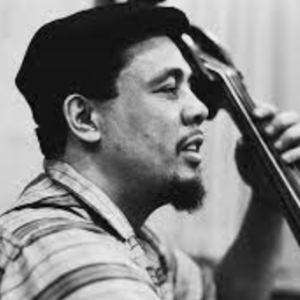
Baritone saxophonist Anders Svanoe
ASTRO (Anders Svanoe’s Teleporting Rhythmic Orchestra), Jazz Gallery Center for the Arts, 926 E. Center St., 7 p.m. tonight, May 17, ($10)
The Ethan Philion Quartet, 8-10:30 p.m., May 24, Bar Centro, ($10)
The Tlalok Rodriguez Quartet. Bar Centro, 8-10:30 p.m. , May 25 (free)
Donna Woodall, Bar Centro, 8-10:30 p.m., May 30
The Anthony Deutsch Trio with Juli Wood, 8-10:30 p.m., Bar Centro, May 31 ($25)
“Since the 1980s, Riverwest has moved like the river it borders—a place of restless culture and commingling social currents.”
That’s how I described my neighborhood for a Shepherd Express survey of distinctive Milwaukee neighborhoods in 2022. Nothing epitomizes that vitality more than E. Center Street, perhaps the commercial heart of Riverwest and pretty close to the geographic center of Milwaukee.
The next few weeks will demonstrate the jazz side of Milwaukee’s “Music Alley.” Center Street boasts at least six music venues, active to varying degrees.
There are comparable weeks of activity at any given time, but I decided that attention must be paid as “Up Jumped Spring,” as jazz trumpeter Freddie Hubbard might’ve put it. Such artistic buoyancy is important because, after all, “Spring can really hang you up the most,” as another memorable jazz standard puts it.
The space with by far the longest jazz-performance pedigree is The Jazz Gallery Center for the Arts, 926 E. Center, located just one block west of the beginning of Center Street, which is North Humboldt Blvd.
It’s storied history is primarily “centered” on its first incarnation as the Milwaukee Jazz Gallery, which ran from 1978 to 1984, as a bastion of both national and local talent that a Milwaukee venue the size of an intimate nightclub has rarely equaled.
The venue’s new incarnation, the JGCA has endured financial ups and downs as did its namesake and has survived in recent years largely thanks to being a non-profit and its well-marketed art exhibits. But tomorrow night will exemplify the type of cutting-edge jazz and improv-oriented music the center now exemplifies.
A relatively new Madison-based ensemble called ASTRO will perform Friday, May 17 in support of their new album Eclipse, the ensemble is conceptually and somewhat nominally inspired by avant-bandleader and musical visionary Sun Ra and his Myth Science Arkestra, and is led by baritone saxophonist and composer Anders Svanoe (the band’s name is an acronym for Anders Svanoe’s Teleporting Rhythmic Orchestra, which soars to the spirit of the outrageously and blissfully transcendent Sun Ra, whose band was always ably ballasted by powerful if pliant and fleet baritone saxophonists, including Pat Patrick and Danny Thompson for many years.
Eclipse is subtitled State of the Baritone, Volume 6, a concept nominally and somewhat aesthetically derived from the late saxophone giant Joe Henderson’s acclaimed two-volume live recordings State of the Tenor. However, those were magisterial and somewhat summative statements from a restlessly creative artist nearing his autumnal years. Svanoe, by contrast is a substantially younger musician, though clearly in his prime. And he’s absolutely dedicated to advancing the artistry and visibility of his primary axe.
Thus, Svanoe has now produced the sixth volume of albums that strive to define the aesthetics of the still underexposed and appreciated baritone saxophone for the present and future. He does so with all the authority of bop and post-bop masters like Pepper Adams, Nick Brignola, Gary Smulyan, and James Carter, and pathfinders like Ra’s bari travelers, Roscoe Mitchell (with whom he still performs), and fusion pioneer John Surman.
Eclipse opens fearlessly and auspiciously with “Klokka Er Fem,” a brief, flat-out free-jazz kaleidoscope, followed by the funky and propulsive “Whistle Stop,” evoking a bustling train loaded with musicians, like what you’d imagine a traveling swing orchestra might sound like jamming on the rails while on a cross-country concert tour of venues both grungy and glorified. Geoff Brady’s vibes riffing give this driving urgency, while Svanoe’s baritone lends it the sort of hard-driving swiftness that makes such time fly by.
Then Svanoe’s honors another truly historic Madison jazz musician who recently passed away, bassist Richard Davis. The small ensemble blending angular cubism and spacious pointillism with Bobby Hutcherson-esque vibes evokes two classic mid- ’60s modern jazz masterpieces, Eric Dolphy’s Out to Lunch! and Andrew Hill’s Point of Departure. and Svanoe hardly eases up on meaty free full ensemble interludes. Bassist Davis played on both of these ever-engaging and challenging Blue Note albums, and always proved supportive yet as artful and provocative as any of his co-players.
“Long Road” seems to gaze down to the horizon with an eloquently anthemic theme and highly musical horn riffing keyed by Svanoe’s improvised through-playing and a piquant guitar solo by Louka Patenaude. It lights the way with a reflectively lyrical theme, a piece that’s an album highlight. “Images” is free-playing again and seems to honor saxophonist Albert Ayler, who often used metaphysical beings in his titles, with big heart-bursting tenor sax playing from Pawan Benjamin. The players then seem to wander through the sonic haze, searching for, or perhaps embodying, ghosts of a genuinely spooky sort.
This leads to “Ghosts,” another sumptuous and regally outward-bound theme, promenading through fulsome whole notes, al a Sun Ra at his most magisterial. The processional closing harmonies are astringent yet spacious, almost hallowed.
The album ends, in utter irreverence, with a rock ‘n’ roll riff groove called “Memories” and Svanoe quickly drives it into a burn-out-the gears heat. Trumpeter Jon Ailabouni almost evokes a crazed-elephant trombone bleating in comic grotesquery, as does tenor sax player Benjamin. Guitarist Patenaude adds saber-slashes of crunching power chords, before the sax-heavy front line band brings it home breathlessly.
This should be great stuff live even if the Milwaukee band will be smaller than the album’s medium-sized big band.

Chicago bassist Ethan Philion (background) will lead a quartet including trumpeter Russ Johnson (foreground) next Friday at Bar Centro.
A week from Friday on May 24th, Center Street other leading jazz venue, Bar Centro,, now the area’s premiere place for straight-ahead modern jazz, will present The Ethan Philion Quartet. His name may still not ring bells with many Milwaukee area jazz fans, even if I’ve done my modest part to hop Quasimodo-like onto those resounding ropes.
I was deeply impressed by the Chicago-area bassist-bandleader’s dedication album to a great musical hero. And, for sure, it had been so long since I’d heard great new music in the letter and spirit of mighty Charles Mingus — that I did feel some of Quasimodo’s astonished gratification, when he says of Esmerelda, “She gave me water!”
In fact, I was so struck that I chose Philion’s Meditations on Mingus as the best album of the year in the NPR jazz critics poll bthat year, which I can’t say much more for, especially for a musician I hadn’t heard of before. Here’s my review: https://kevernacular.com/?p=14938
Meditations was recorded with a ten-piece band. Centro will present The Ethan Philion Quartet, featuring Greg Ward on alto saxophone, Russ Johnson on trumpet), and Dana Hall on drums. Their debut album, Gnosis, was released on October 6th on Sunnyside Records and drew praise from DownBeat Magazine, Chicago Jazz Magazine, JAZZIZ and more. Critic Larry Applebaum praised the ensemble’s “deep listening and open-ended solos” in his four-star review of Gnosis in DownBeat.
This should be a heavyweight group that floats like a butterfly and stings like a bee. For my money, Chicagoan Ward and Milwaukeean Johnson are currently the best soloists on their respective instruments in the upper Midwest, yes, alto sax and trumpet. As for Philion the player, he was the winner of the 2019 International Society of Bassists Jazz Competition.
If Philion is still mining Mingus, the instrumentation suggests one of the bassist’s greatest small bands, with Eric Dolphy on alto sax and Ted Curson on trumpet, renowned for the 1960 Candid label album Charles Mingus Presents Charles Mingus.
The ten-spot cover charge might be a steal.
Philion also leads an acoustic trio featuring arrangements of jazz standards in the Nat King Cole Trio style.
*****
Bar Centro will present Tlalok Rodriguez Quartet on Saturday May 25. The bassist-bandleader is a bilingual singer / songwriter and multi-instrumentalist based in Milwaukee. I don’t know him but Centro explains “Originally a Chicago native, he comes from a long line of musicians dating back to his great-grandfather who was a composer from Vicente Guerreo, Mexico. A century later he keeps the family tradition alive through boleros, bossa novas, and vibrant performances channeling the passion of his ancestors.”
Thursday May 30 Centro will feature perhaps Milwaukee’s leading female jazz singer, Donna Woodall, who probably needs less introduction than any live performer in this column. She won the 2023 WAMI for best female vocalist. Period.
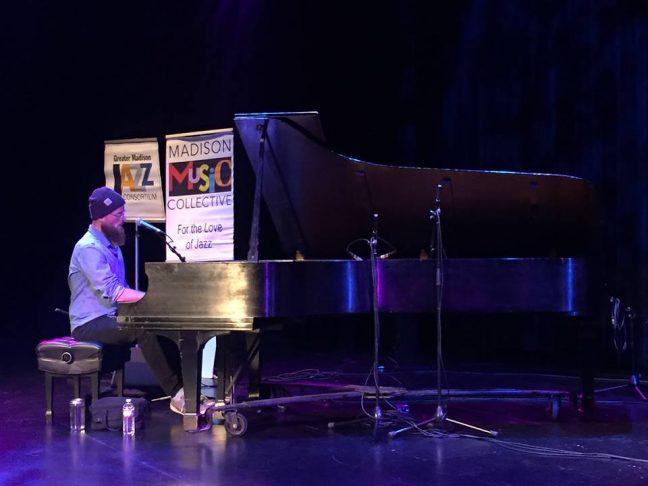
Pianist-vocalist Anthony Deutsch
Then on the following Friday May 31st, The Anthony Deutsch Trio with saxophonist-vocalist Juli Wood will play Bar Centro. Deutsch, now based in Viroqua in the Driftless region in Western Wisconsin, developed in Milwaukee as a sophisticated jazz pianist who also has a powerful streak of nature-loving folk artist in him, in his original songwriting and singing, in the the guise of Father Sky. So expect some sort of vocals from him, but here probably jazzier than folkier. Wood is a versatile and popular performer best known for her long association with singer-bandleader Paul Cebar.
_________
.


